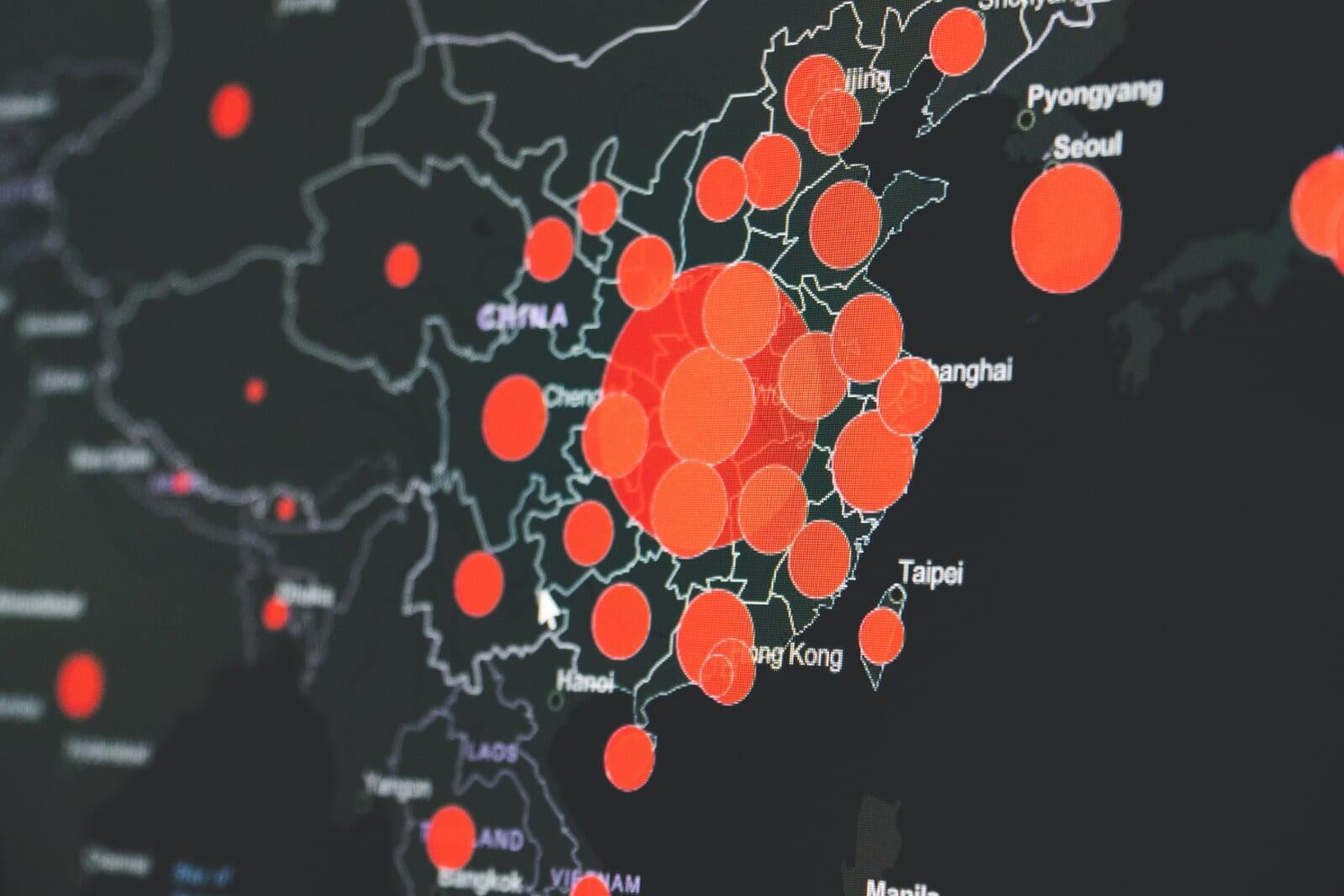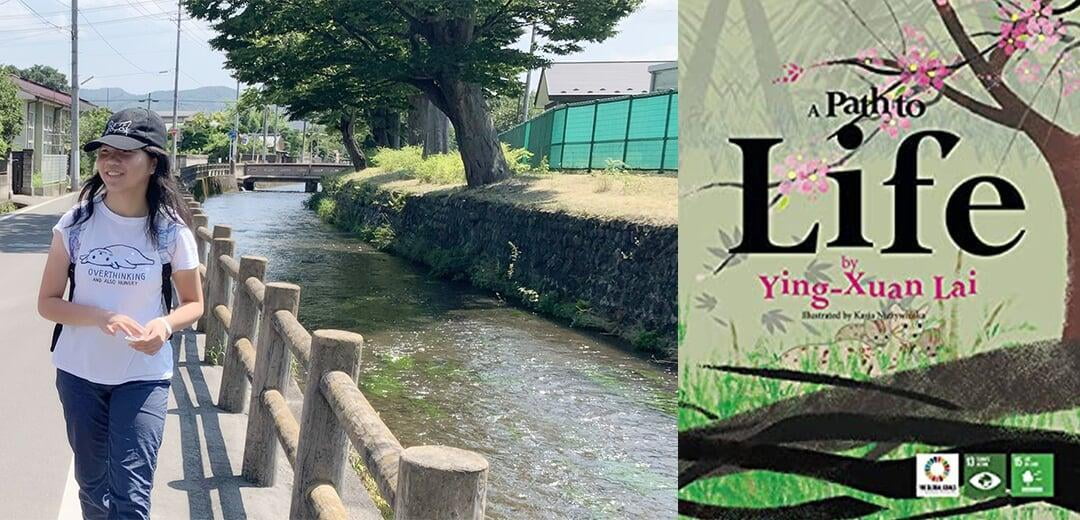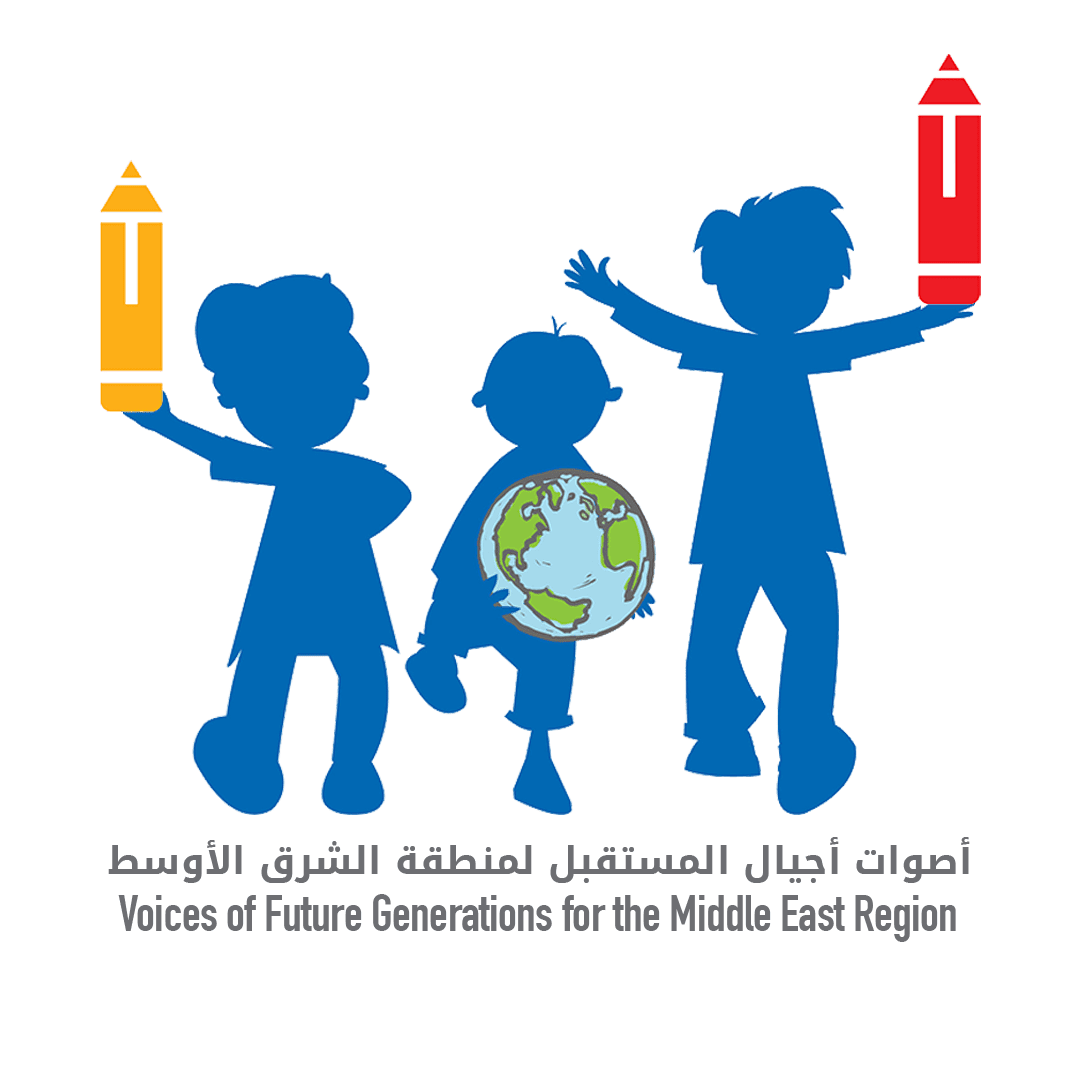
When people get stuck at home during quarantine, domestic cats need to get used to being bothered by human. Before the outbreak of the coronavirus pandemic, when people used to spend most of the time at work or at school, cats enjoyed taking possession of the entire house. Now humans are at home all the time, cats might feel that their territory is lost, or maybe they begin to like the human’s 24-hour service. No matter what happens outside, cats can eat and sleep well as usual.
Long time no see, egrets. In the past few years, maybe they have been hiding in some bamboo groves. But now that humans must stay at home, they are finally free to fly in the clear blue sky outside my window and look at me. Maybe they are laughing at me, showing their mercy, or empathizing with me. These animals all remind us that we don’t own the earth. We don’t have the right to plunder all the natural resources or to destroy the environment because we must learn to share the earth with all animals. We must find a way to live in harmony with every living being.
I think rather than counting on someone to save our planet, it is more reasonable to make everyone see their responsibilities towards the environment and act. No one can isolate themselves from the environmental problems, and we can all do something.
The first thing we could do is ask our government to pay attention to the environmental issues and keep track of any suggested solutions. Governments around the world are trying to contain the spread of the virus on one hand and ensure economic growth on the other. In most cases, governments tend to pursue economic growth at the expense of the environment. But if we take the long view, we see that only when our environment is healthy and sustainable, does our society and economy have space to grow.
Secondly, if we won’t be intruding into the animals’ habitats, maybe animals that carry unknown or novel viruses will have less of a chance to infect humans. Agriculture and animal agriculture cause most tropical deforestation. So, if everyone can eat less meat, we can save the forest and animal habitats.
Thirdly, it is said that global warming enables the virus to stay active all over the world. Therefore, when we get through this pandemic, we should not forget to try our best to reduce our carbon emissions.
And lastly, don’t waste medical resources; leave resources for those who really need them. Wear a face mask in public and dispose it off carefully after using it. Don’t let masks become the next largest pollutant after plastic.
During this coronavirus pandemic, we have seen how the earth has started to heal itself. If this is the world, we want for ourselves, then we should not leave the problems to our future generations. The pandemic has given us a chance to pause and rethink the direction we want to take. It’s high time we change our attitude and take effective action.
Voice of Ying-Xuan Lai
A student of experimental education, Ying-Xuan Lai is a 15-year-old from Taiwan who loves cats, reading, writing, drawing, designing, and doing environmental surveys. After winning the Voices of Future Generations Gold Award in 2016, she came up with the idea of a “Cat Trilogy”, which addresses animal and human dependence on each other. She is passionate about demonstrating how all living beings can coexist in the same biological community. Her first book “A Path to Life” and second book “The Sound of Silence” choose the Taiwanese leopard cat Formosan Clouded Leopard as the lead character. Currently she is working on her third book about stray cats.


